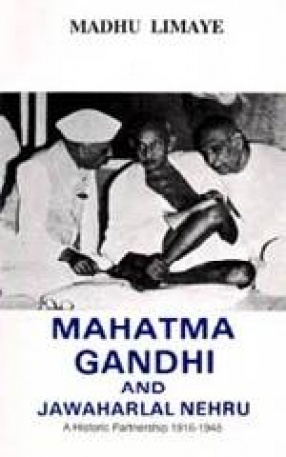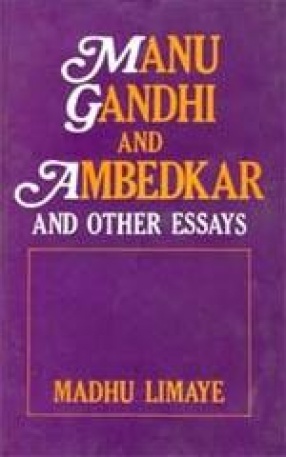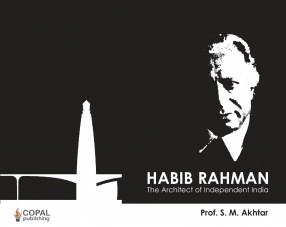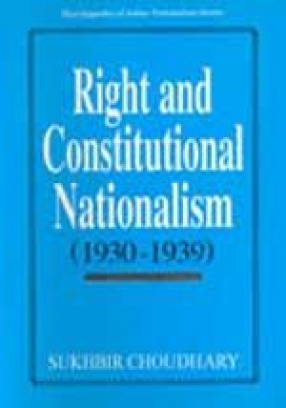This is the fourth and final volume of Madhu Limaye’s study of the interaction between Mahatma Gandhi and Jawaharlal Nehru, the two most potent influences in modern Indian history. The volume covers the cataclysmic events of 1946-48 which witnessed the paralysis of the Central Government, the widespread communal violence, the acceptance of the Mountbatten Plan, birth of two Dominions, the subsequent mass exodus across the new borders and finally Gandhi’s tragic assassination. The author, himself a young articulate participant in India’s struggle for freedom, portrays Gandhi, in his last phase, heroically seeking to put out the communal conflagration and restore sanity as the ruling principle of intercommunal relationship and Jawaharlal supporting him from within the Government. The final chapters are devoted to the analysis of the philosophical and ideological interaction between the Master and the Disciple. Although 30 January 1948 is the study’s chronological limit, the final chapters pass in review Nehru’s 17-yeaer stewardship as Prime Minister and try to examine how far the Disciple was able to translate his Master’s vision into concrete policy and programme. It reaches the melancholy conclusion that in fair weather the Disciple often strayed from the Master’s path, but when the winds of adversity buffeted his Government Jawaharlal would muse reflectively on the drift of events, remember his Gandhian roots and nostalgically remark, “I am a relic of the Gandhi ageâ€. The author arrives the conclusion that in the world threatened with nuclear holocaust and ecological disaster Gandhi’s ideal of a decentralized social order and his celebrated method of peaceful change would, perhaps, provide the clue to the ultimate answer for the problems of the strife-torn countries of the world.
Dear Popat (In 2 Books)
$10.80
$12.00







There are no reviews yet.